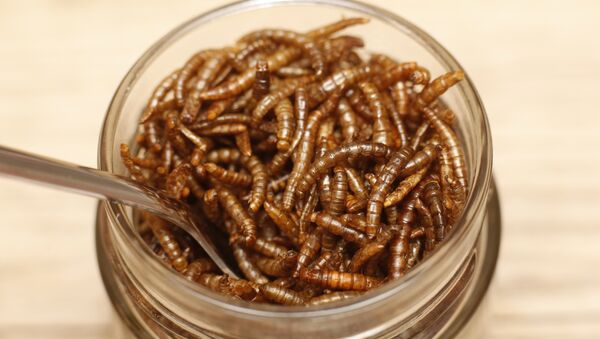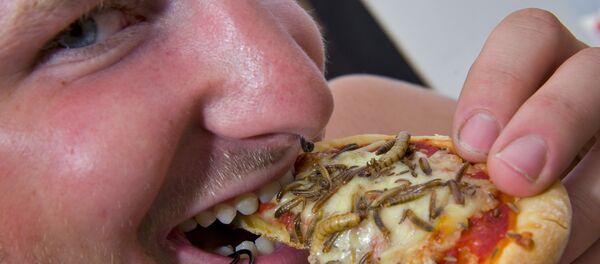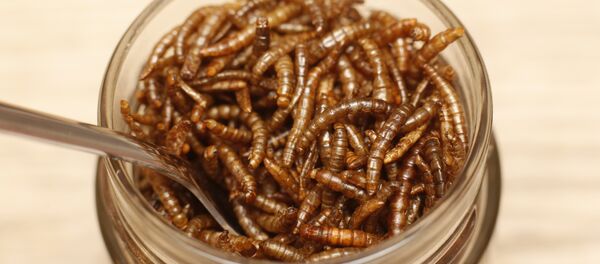Its gastronomical highlights include such delicacies as muffins with apple, apricot and almonds made of flour ground with worms, baked wax moth larvae with paprika or grasshoppers prepared with lime.
"We've always placed a lot of importance on sustainability. Eating insects for breakfast is a good initiative, and now we're going to find out if it hits the spot with the public and whether we can extend it to more hostels," Danhostel CEO Ole Andersen told Danish TV channel TV2.
How about spending a few days in #Copenhagen? https://t.co/1BPAknSw7x #tourism #hostel #trip #holiday pic.twitter.com/tAiofKIuVr
— Danhostel — Denmark (@danhostel) May 8, 2017
The menu was prepared in cooperation with nutritionist Nina Askov, who runs her own webpage named Buglady and is an ardent promotor of insect food as a sustainable option.
"We've been talking about eating insects for the benefit of the environment and climate and the welfare of animals for quite a while. Now we are moving on from talking and writing about insects to using them in our everyday life," Nina Askov told TV2.
In 2016, Danish Environment and Food Minister Esben Lunde Larsen pledged to look into the perspective of using insects as protein-rich animal fodder and human food, citing a fast reproduction rate and a massive untapped business potential.
According to Jakob Rukov who breeds crickets for food in the project Bugging Denmark, the number of insect farms around the country is growing, suggesting a change of attitude: people are more at home with eating insects. Today, insect food and snacks are already available in Danish grocery stores.





